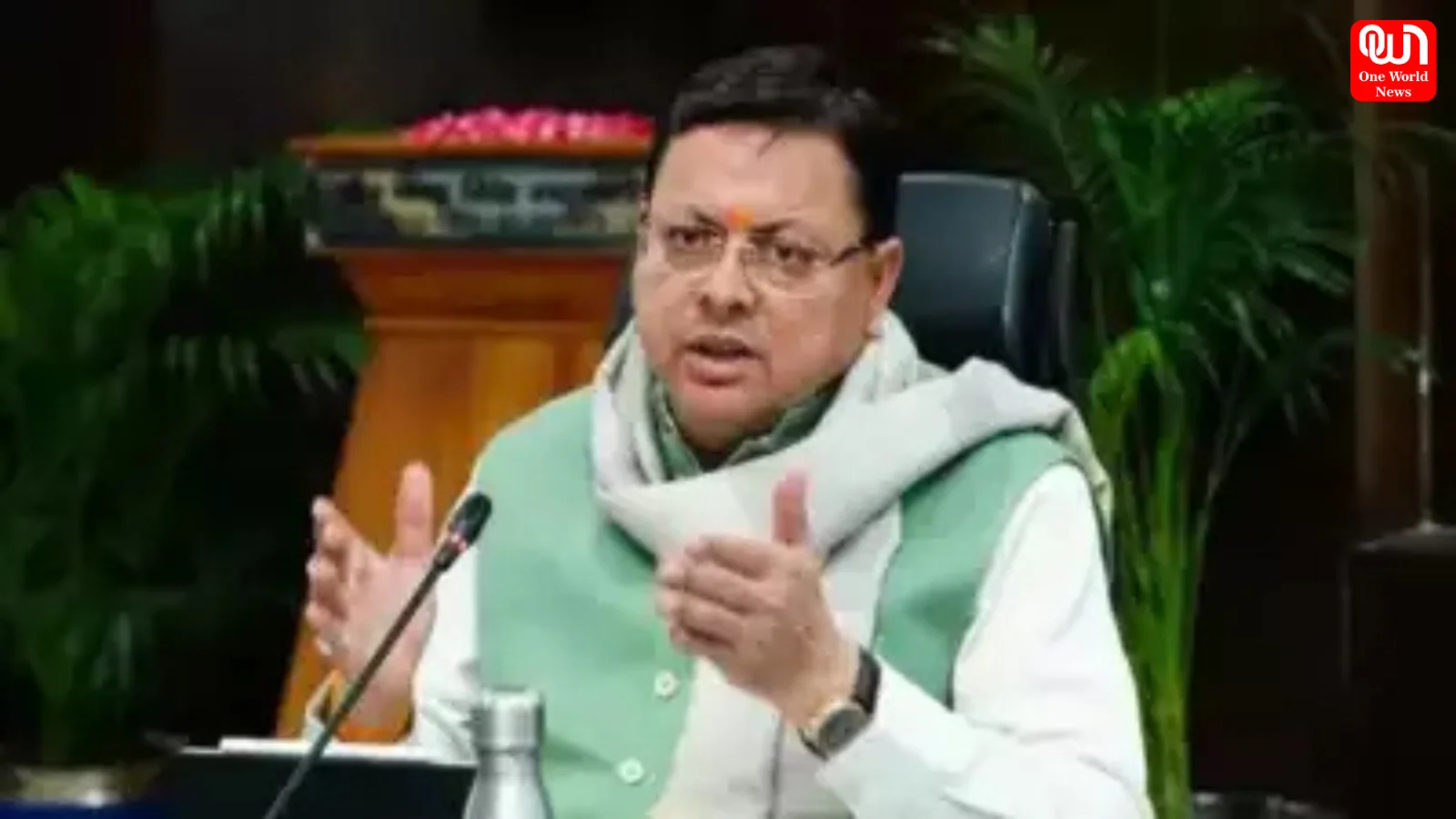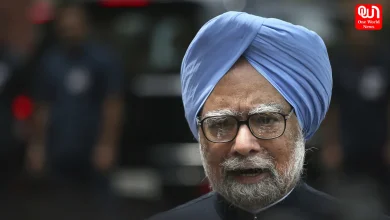Uttarakhand Implements Uniform Civil Code (UCC): All You Need to Know
Uttarakhand becomes the first state to implement the Uniform Civil Code (UCC), bringing legal uniformity and equality in personal matters across communities.
Uttarakhand Becomes the First Indian State to Implement Uniform Civil Code (UCC) on January 27, 2025: Key Details and Provisions You Need to Know
Uttarakhand is to be the first Indian state rolling out the much-debated Uniform Civil Code (UCC), proposed to come into effect on January 27, 2025. The move is of utmost importance and has not only got national attention but also debates from the most political circles. Chief Minister Pushkar Singh Dhami, too, said that all the preparations have been done in order to enact the law. This includes the approval of the rules for the implementation of the UCC and the training of the concerned authorities.
The UCC, first notified on March 12, 2024, was signed into law by President Droupadi Murmu. The state government has used it as a decisive step toward creating an integrated and egalitarian society. The UCC is a part of a “great ‘yagya'” that Prime Minister Narendra Modi is performing in order to make India a developed and self-reliant nation, Dhami said. However, the implementation of the UCC has sparked much controversy, particularly with the opposition Congress questioning its legitimacy, labeling it a “pilot project,” and pointing out the inconsistency of a state-specific law that claims to be uniform.
Read more: Union Budget 2025: Tax Relief, AI Impact, and Economic Growth in Focus
What Is the Uniform Civil Code?
Uniform Civil Code aims to ensure that every citizen, regardless of his religion, is governed by the same set of laws regarding personal matters, such as marriage, divorce, inheritance, and adoption. In India, a uniform criminal code exists, but not in the case of civil law, because different communities follow their different personal laws.
UCC in Uttarakhand will affect most of the population, as it will exclude scheduled tribes and a few protected communities. One of the primary reasons behind the UCC is to do away with the discriminatory practices especially at the time of marriage and divorce. The system is expected to give equal rights to all citizens, and under this law, halala, iddat, and talaq of Muslim personal law will be prohibited.
The UCC in Uttarakhand consists of 392 sections, divided into seven schedules, and contained in a draft of an impressive 750 pages. The draft was prepared by an expert committee. The committee, led by Retd. Justice Ranjana Prakash Desai, submitted the draft to the state government in early 2024. Now, after clearing all the hurdles of approval, including receiving presidential assent, the law is finally ready for implementation.
Read more: Celebrating National Tourism Day 2025: Exploring India’s Diverse Landscapes
Important Provisions of the UCC in Uttarakhand
Uttarakhand’s UCC Act has been drafted in a way that makes personal legal affairs more streamlined, for example, matters of succession and marriage. There will be clear and standardized proceedings that will make sure all legal processes become easier for one and all.
UCC Marriage Laws
The Act states that marriage in the state will only be conducted between consenting adults who are also mentally sound enough to enter into a legal marriage contract. It specifies that men must be at least 21 years old and women at least 18 years old. Additionally, marriages must be registered within 60 days, and the sub-registrar will be required to make a decision on applications within 15 days. Failure to do so will automatically forward the case to the registrar.
The UCC will also simplify the legal processes associated with testamentary succession. It will make it easier to create and cancel wills and codicils. All these are part of a larger effort to bring clarity in the law for all citizens and ensure that rights are protected without any discrimination.
Exemptions Under the UCC
Though the Act applies to nearly all residents of Uttarakhand, there are some exceptions, too. Schedule Tribes according to Articles 342 and 366(25) of Indian Constitution are exempted, and so do some protected communities as well as under special laws included individuals.
Implementation of the UCC is aimed at fostering harmony and respect for each person’s rights, putting every citizen on equal footing before the law. The government has also shown a commitment toward the elimination of any community from claims of being above the law, most especially with several practices that have been discriminatory in nature.
The UCC Portal Launch
The Uttarakhand government has launched an online portal dedicated to the UCC to streamline the legal process for citizens. Chief Minister Dhami is scheduled to officially launch the UCC Portal at 12:30 PM on January 27, 2025. This portal will serve as a vital tool for the residents of Uttarakhand, enabling them to access information about the UCC and register necessary legal documents. A dry run for the portal was already done by the ITDA of the state, and the implementation was quite smooth and hassle-free.
Conclusion
The Uniform Civil Code in the state of Uttarakhand is considered one of the major law reform experiences. The Indian society is expected to be more uniformed and merit-based with the code in place; there is no doubt it is a sensitive process. The law will be watched closely for its impact on social dynamics, legal processes, and its potential to serve as a model for other states in the future. The launch of the UCC marks a pivotal moment in the state’s history, as it takes a bold step toward creating a legal system that offers equal rights and protection to all its citizens.
We’re now on WhatsApp. Click to join.
Like this post?
Register at One World News to never miss out on videos, celeb interviews, and best reads.








